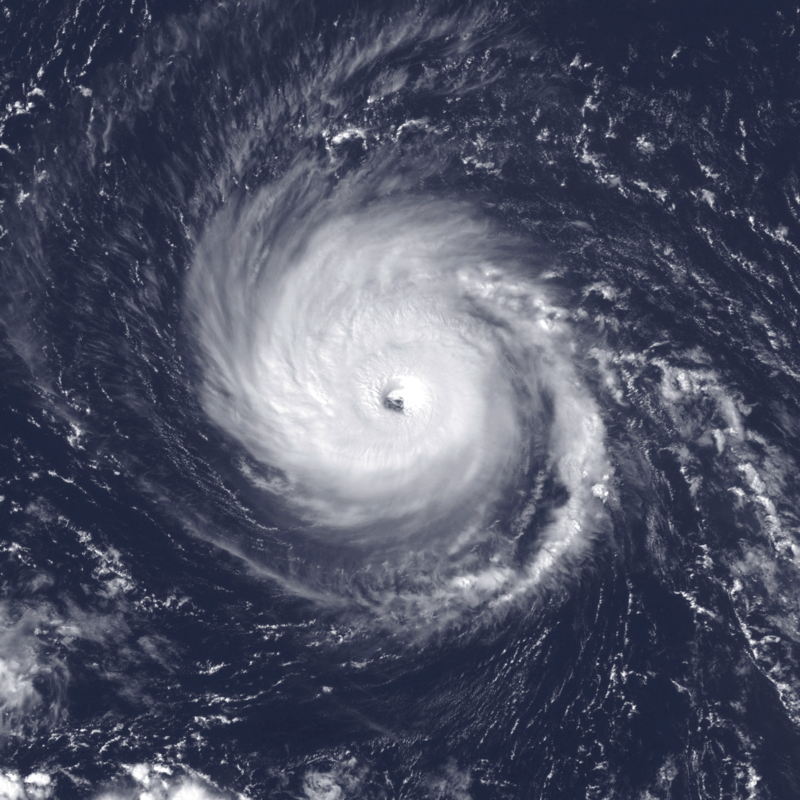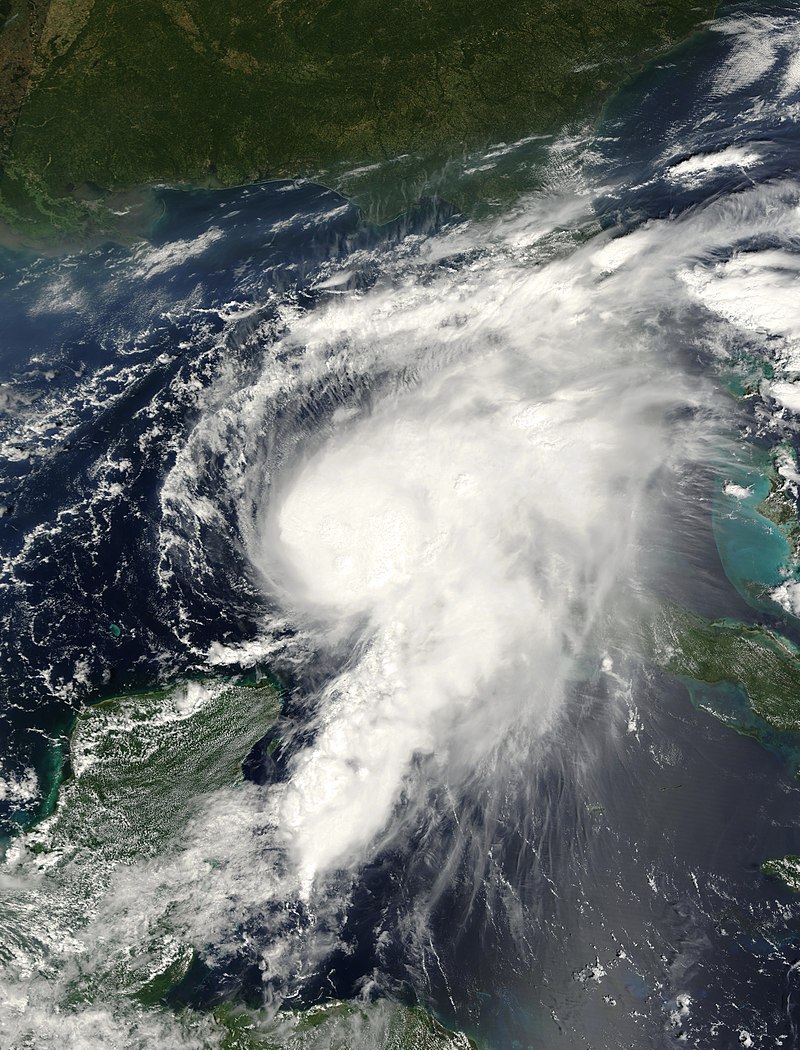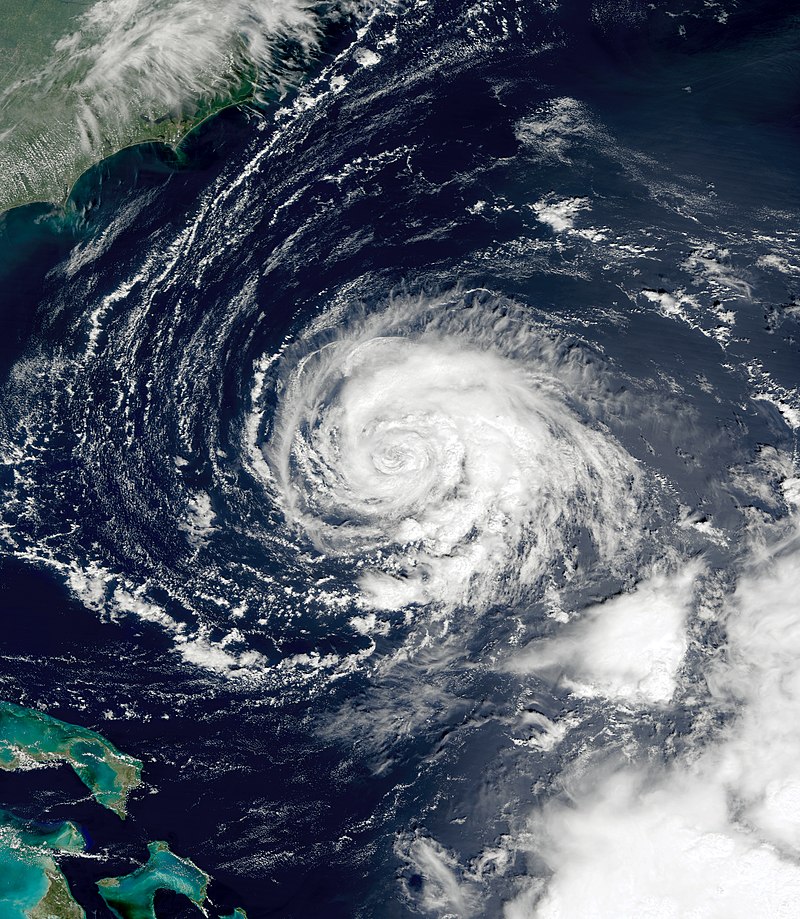Hurricane Alex, which occurred during the 2016 hurricane season, holds a significant place in Atlantic hurricane history. Notably, it was the first Atlantic hurricane to form in January since Hurricane Alice in 1954–55. This research article aims to provide a comprehensive analysis of Hurricane Alex, its development, impacts on Bermuda and the Azores, and lessons learned for future hurricane preparedness.
Hurricane Alex originated as a non-tropical low near the Bahamas on January 7, 2016. Initially moving northeast, the system passed by Bermuda on January 8 before turning southeast and intensifying. On January 10, it briefly acquired hurricane-force winds before weakening slightly and curving towards the east and later northeast. Transitioning into a subtropical cyclone south of the Azores on January 12, Alex became the first North Atlantic tropical or subtropical cyclone in January since Tropical Storm Zeta in 2005–2006. The system fully transitioned into a tropical cyclone on January 14, reaching its peak strength as a Category 1 hurricane on the Saffir–Simpson scale.
Impacts on Bermuda and the Azores: The precursor cyclone of Hurricane Alex brought stormy conditions to Bermuda from January 7 to 9. As the hurricane approached, hurricane and tropical storm warnings were issued, leading to the closure of schools and businesses in the Azores. Alex brought gusty winds and heavy rain to the archipelago; however, structural damage was generally minor. Tragically, one person in the Azores died of a heart attack due to the inclement weather, as emergency transportation to the hospital was impeded.
During landfall on January 15, Alex weakened to a high-end tropical storm, making landfall on Terceira Island in the Azores. The storm had begun losing its tropical characteristics by this point, fully transitioning back into a non-tropical cyclone several hours after moving away from the Azores. Despite the storm’s weakened state, it still caused significant rainfall, strong winds, and rough seas, resulting in localized flooding and power outages in some areas.
Recovery and Lessons Learned: Following Hurricane Alex, the affected areas faced the task of cleaning up and rebuilding. While the damage was generally minor, the costs of repairing infrastructure, restoring power, and addressing localized flooding added up. Communities in Bermuda and the Azores worked together to recover from the storm’s impacts, emphasizing the importance of preparedness and response efforts in the face of unexpected January hurricanes.
To be better prepared for future hurricanes like Alex, it is essential to have a robust disaster preparedness plan in place. This includes:
- Early Warning Systems: Maintain updated communication systems to receive timely alerts and warnings from meteorological authorities.
- Evacuation Plans: Develop evacuation plans that consider the unique geography and population distribution of the region.
- Infrastructure Resilience: Reinforce critical infrastructure, such as power lines and roads, to withstand the impacts of strong winds and heavy rainfall.
- Public Awareness and Education: Conduct regular awareness campaigns to educate the public on hurricane preparedness, including securing loose objects, stocking essential supplies, and knowing evacuation routes.
Interesting Fact: As a direct result of Hurricane Alex, researchers and meteorologists have increased their focus on studying the formation and intensification of tropical cyclones during the winter months in the Atlantic. The occurrence of a January hurricane provided valuable insights into the interplay between atmospheric and oceanic conditions that can lead to tropical cyclone development in unconventional times of the year. This knowledge contributes to ongoing efforts to improve hurricane forecasting and preparedness, ultimately helping to protect lives and reduce the impact of future storms.
In conclusion: Hurricane Alex marked a significant event in the Atlantic hurricane history, being the first January hurricane since 1954–55. Although the impacts were relatively modest, the storm served as a reminder of the need for preparedness and effective response measures, even during unexpected times of the year. By implementing lessons learned from Alex, communities can better protect themselves when faced with the potential landfall of a similar hurricane in the future.




Leave a Reply